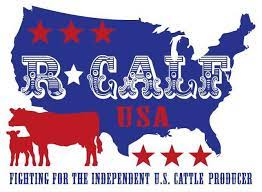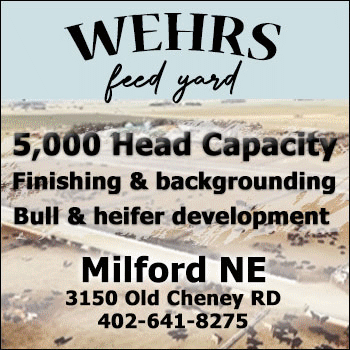Billings, Mont. – In formal comments submitted yesterday, R-CALF USA urged the U.S. Department of Agriculture (USDA) Food Safety and Inspection Service (FSIS) to deny the request by the National Cattlemen’s Beef Association (NCBA) to allow beef packers to use a “Processed in the USA” label for all beef produced from cattle harvested in the United States, including beef from foreign cattle.
In June, the NCBA petitioned the FSIS to initiate a rulemaking to make a “Processed in the USA” label on meat products eligible for generic approval, meaning the label could be universally applied to all meat produced from both domestic and imported animals slaughtered in the United States. In its petition, the NCBA asserts that a “Processed in the USA” label would ensure that consumers could distinguish “genuine American product.”
In its comments, R-CALF USA states it strongly opposes the NCBA petition and asserts the petition applies the same inappropriate standard currently in use by the FSIS to allow foreign-origin beef to be commingled with domestic-origin beef under the “Product of the USA” label. It states the NCBA petition incorporates that inappropriate standard by allowing beef from foreign cattle to be commingled with domestic cattle under the proposed “Processed in the USA” label.
R-CALF USA further asserts the terms “United States of America” or “USA” functions as a trademark name or geographical indication for United States cattle producers and the beef produced from their cattle. As such, the group argues, the “USA” name itself on a beef product corresponds to the United States of America as the product’s specific origin; it is an indication that the product was produced under the safest, most stringent production practices in the world; and it is associated with the good names and reputations of United States cattle producers, their exceptional animal husbandry practices, their cattle, and their resultant beef.
“The NCBA petition attempts to capitalize on the fact that using “USA” in conjunction with any ancillary language – in this case “Processed in the” – on any beef product will accord that product an advantage in the domestic market. And this would be a clever deception,” R-CALF USA wrote.
R-CALF USA concludes by stating the NCBA petition undermines the interests of U.S. cattle farmers and ranchers who want to retain and capitalize on their good reputations in the marketplace, as well as consumers who deserve to know which country the beef product’s origin, quality and reputation is attributed to. And that, according to R-CALF USA, certainly is not the country where the animal was merely slaughtered.
Source: R-Calf














